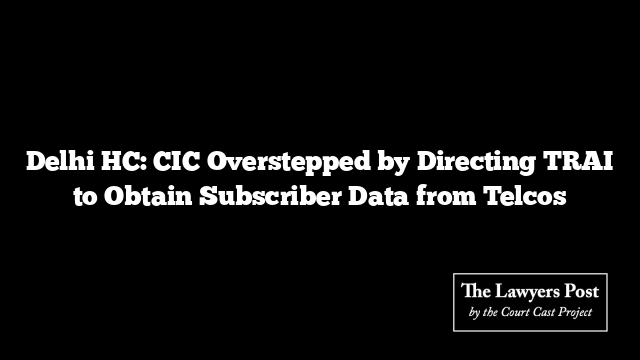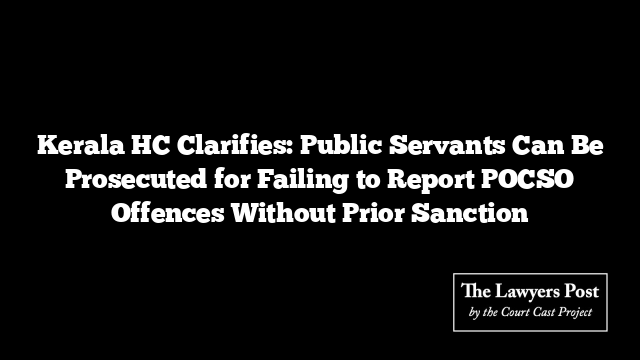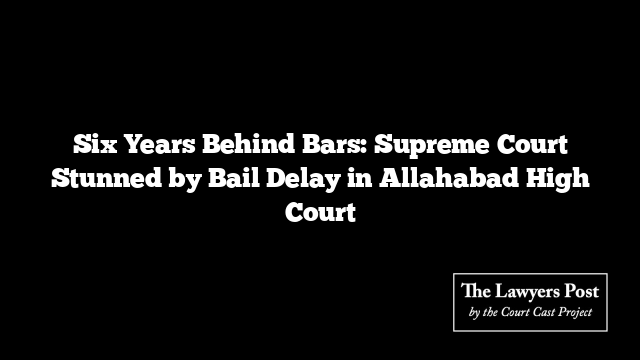The Delhi High Court has ruled that the Central Information Commission (CIC) acted beyond its jurisdiction by instructing the Telecom Regulatory Authority of India (TRAI) to acquire subscriber information from telecom service providers (TSPs) under the Right to Information (RTI) Act. The Court emphasized that TRAI’s authority to requisition information from TSPs is limited to its regulatory duties and does not extend to facilitating individual grievances.
The case arose from complaints by Akshay Kumar Malhotra, who alleged that Vodafone altered his “Do Not Disturb” (DND) status without consent, despite his mobile number being registered under the “Fully Blocked” category of the National Do Not Call Registry. Dissatisfied with Vodafone’s handling of his complaints, Malhotra filed several RTI applications seeking detailed records.
While TRAI’s Central Public Information Officer (CPIO) responded to some queries, it maintained that many of the requested details were not available, as the authority does not keep individual customer complaint records. Malhotra escalated his grievances to the CIC, which directed TRAI to utilize its regulatory powers to retrieve the requested information from Vodafone and provide it to Malhotra.
The High Court found this directive to be an overreach, clarifying that TRAI’s role under the TRAI Act and the Telecom Commercial Communications Customer Preference Regulations (TCCCPR) is confined to regulatory functions, not resolving individual complaints or interpreting regulations for RTI applicants.
Justice Sanjeev Narula noted:
“TRAI’s powers are not designed to access customer-specific data for RTI purposes or to adjudicate on grievances.”
The Court further stated that the CIC’s suggestion to address TRAI-related grievances through consumer forums was misplaced, as such disputes fall under the purview of the Telecom Disputes Settlement and Appellate Tribunal (TDSAT).
This judgment underscores the boundaries of the RTI Act and the roles of regulatory authorities like TRAI, ensuring that their statutory responsibilities remain distinct from individual grievance redressal mechanisms.





